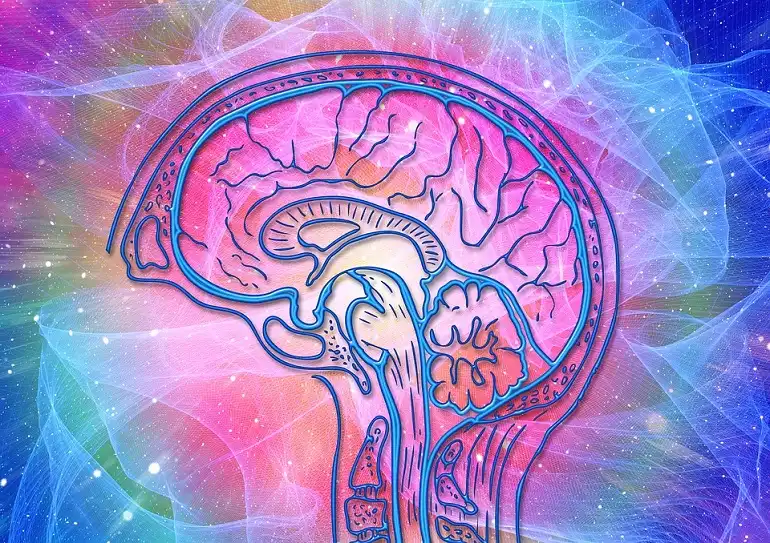Human growth hormone deficiency in adults is less prevalent than in children but warrants attention for those seeking an enhanced quality of life.
Understanding Human Growth Hormone Deficiency
While it’s widely known that children require growth hormone for height, this treatment is crucial for kids with growth hormone deficiency hindering normal growth.
Since the 1990s, the recognition of growth hormone deficiency in adults has increased, leading to the understanding that adults, like children, benefit from growth hormone therapy.
This deficiency arises when the pituitary gland, located at the brain’s base, inadequately produces growth hormone. This hormone regulates bone and organ development.

Although adults require less growth hormone, it remains vital for heart function, bone health, and the processing of protein, carbohydrates, and fat, as well as memory and concentration.
Assessing body composition reveals the impact of growth hormone deficiency in adults, affecting metabolism and leading to increased fat deposition, particularly around the central abdomen.
This deficiency underscores the importance of addressing growth hormone needs in adults for overall well-being.
Understanding the Causes of Human Growth Hormone Deficiency in Adults
In the United States, approximately 60,000 adults grapple with growth hormone deficiency, with around 6,000 new diagnoses annually.
Two primary causes are typically identified:
Damage to Pituitary Gland or Hypothalamus: Growth hormone deficiency may occur when the pituitary gland or hypothalamus sustains damage. This damage could result from various factors such as disease, head injuries, blocked blood supply, or interventions like surgery or radiation to address gland tumors.
Diagnosed in Childhood: Some adults diagnosed with growth hormone deficiency were identified during childhood and require lifelong treatment. While most cases are diagnosed in childhood, there are instances where individuals only discover their growth hormone deficiency in adulthood.
What Are the Symptoms of Human Growth Hormone Deficiency in Adults?
While growth hormone deficiency in children often manifests through clear indicators like short stature, detecting it in adults requires attention to different signs.
Adult growth hormone deficiency influences the body’s fat, muscle, and bone composition, leading to the following symptoms:
— Low energy levels
— Increased fat, particularly around the waist
— Decreased muscle mass
— Brittle bones
— Hair loss or baldness in men
— Low libido
— Weak memory and concentration
— Anxiety and/or depression
— Elevated triglyceride levels
— High levels of bad cholesterol
— Insulin resistance
Diagnosing Adult Growth Hormone Deficiency
A prevalent diagnostic method is the insulin tolerance test, wherein insulin injection lowers blood sugar, prompting the body to release growth hormones in response to stress. Insufficient hormone production during this process confirms adult growth hormone deficiency.
Alternative diagnostic tests utilize glucagon or arginine instead of insulin.
Treatment for Human Growth Hormone Deficiency
In adults with growth hormone deficiency, treatment often involves growth hormone replacement therapy using somatotropin. This synthetic hormone is self-administered through injection into the lower abdomen’s fat tissue.
The process, akin to diabetes management, is nearly painless, and needle-free options are available for those with needle phobia.
Patients undergo regular monitoring and blood tests, allowing for necessary adjustments in growth hormone dosage.
While generally considered safe, excessive dosage may lead to side effects like water retention and joint discomfort, which can be mitigated by dosage reduction. Severe side effects, such as headaches and blurred vision, can be resolved by discontinuing treatment.
How to Naturally Boost Human Growth Hormone Levels
Adopting a healthy lifestyle and making positive choices can effectively address human growth hormone deficiency symptoms in adults. Here are simple strategies to enhance your body’s growth hormone production:
1. Shed Excess Body Fat: Targeting belly fat through diet and exercise aids in optimizing growth hormone production.
2. Limit Sugar Intake: Refined carbs and excess sugar contribute to insulin spikes and obesity, negatively impacting growth hormone levels.
3. Engage in High-Intensity Exercise: Activities like weightlifting, sprints, circuit training, or interval workouts stimulate increased growth hormone production.
4. Prioritize Quality Sleep: Adequate, deep sleep aligns with the body’s circadian rhythm, promoting significant growth hormone release. Avoiding late-day caffeine and blue light exposure supports better sleep.
5. Consider a Natural HGH Releaser: Products like GenF20 Plus contain 100% natural ingredients, including amino acids, GTF Chromium, Pituitary Powder, and Colostrum. This formula encourages the body’s natural growth hormone production, offering a safe and effective solution.
Choose a legal and safe approach to elevate growth hormone levels. Explore more in GenF20 Plus review for additional information.
Conclusion
Throughout our lives, adults require growth hormone, not solely during childhood for growth. The absence of growth hormone in adulthood poses risks such as abnormal body composition, increased central fat, cardiovascular and diabetes susceptibility, low bone mineral density, and diminished physical and mental well-being.
Maintaining a healthy lifestyle, adopting a balanced diet, and regular exercise to prevent excess weight are critical in mitigating risks linked to Adult Growth Hormone Deficiency.
Ensuring a diet rich in calcium and vitamin D is vital, addressing concerns like brittle bones and potential osteoporosis.
It is advisable to consult with your physician or primary healthcare provider before implementing significant changes or undergoing treatments for human growth hormone deficiency in adults.